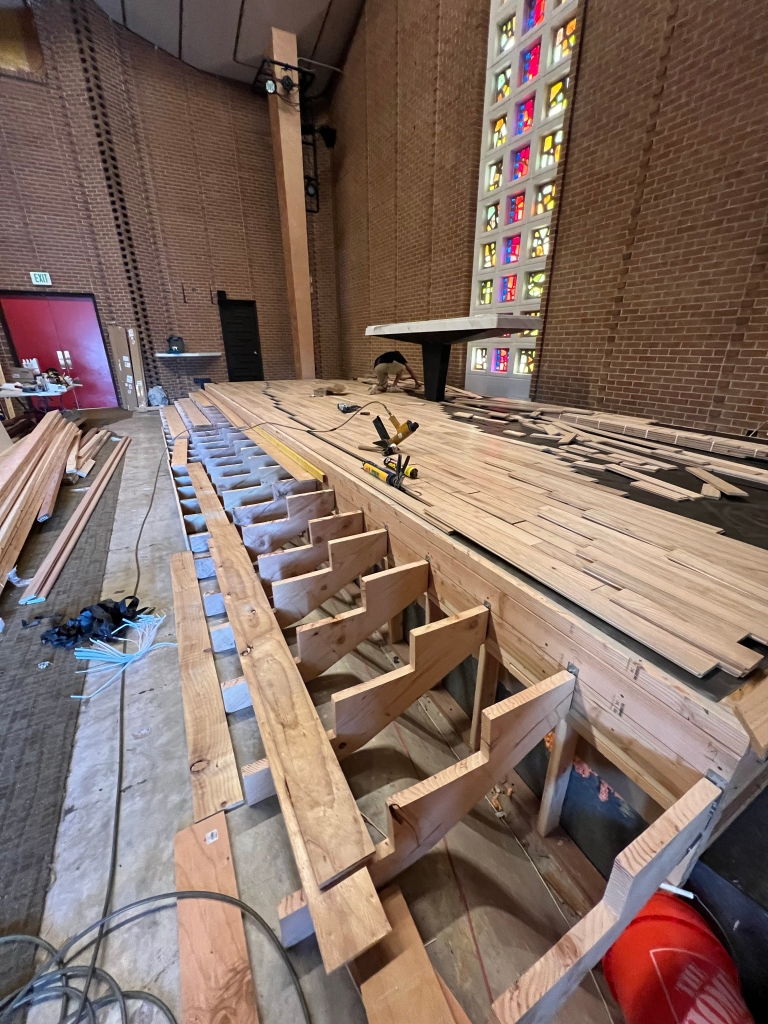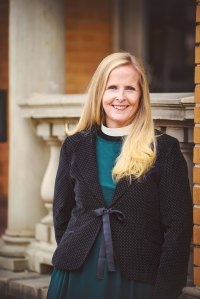
He is risen! We rejoice, for our Redeemer lives!
So . . . mysticism. Is that a fraught word for you? If so, it’s understandable. Perhaps it brings to mind images of “woo-woo” people who appear to be primarily driven by emotion and/or tend to speak in ethereal ways that don’t seem grounded in reality. Or maybe it feels like things related to mysticism are too subjective and not sufficiently based in the Word—not sola scriptura enough—to be valid. Certainly, abuses and error have occurred when subjective mystical experience has been over-emphasized, so wariness is warranted. But as we’ve discussed before, neglecting the experiential, emotional side of our beings in constant deference to our intellectual side hinders our development as full human persons created in the imago Dei. So, let’s try to define mysticism a bit.
Of course, one of the difficulties about the word “mysticism” is that there isn’t a single accepted definition. I’ll offer part of my take on it here. If you’ve come to an Adult Seminar I’ve led, you’ve likely heard me tell a story from the TV show Mystic Britain. In one episode, the host describes how ancient Britons believed there was a god of this creek, a god of this grove of trees, a god of this meadow. This meant they believed that “every step they took was in sacred space.” Knowing that we believe in the one true God, maker of heaven and earth, of all that is, seen and unseen—that phrase, to me, shines light on Christian mysticism: it is in large part a cultivated and practiced awareness that every step we take is in sacred space and allowing that awareness to shape our lives. It is keeping the eyes of our hearts and minds open to noticing God’s presence everywhere at all times, to know that we live in a God-soaked world and are invited to experience God in and with it, every moment, here and now.
How does this idea affect your view on mysticism? Does it make it feel more impractical than ever, or maybe more accessible, somehow? As always, there is no right or wrong response. Please just pay attention to what it stirs up in you and then talk to God about it. Everything is invitation to move deeper into relationship with God! Come back next time as we talk a little more about mysticism, and also science and sunsets.





















